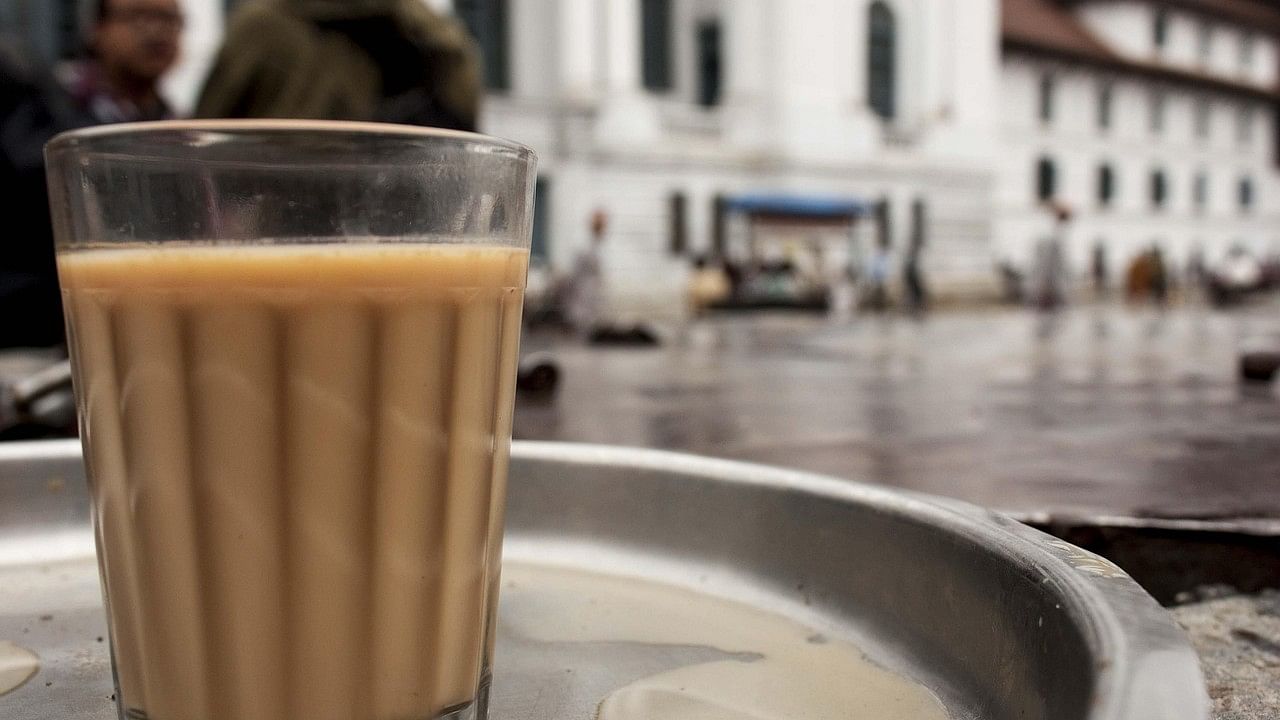
Representative image of a glass of tea.
Credit: Pixabay Photo
Mumbai: India's tea prices have been soaring and are expected to stay high as heatwaves and floods during the peak harvesting season slash output in key producing regions.
The price rise could support the beleaguered Indian tea industry, which has been struggling with rising production costs amid a negligible rise in tea prices in the past decade.
"Extreme weather events are hurting tea production. Excessive heat in May, followed by ongoing flooding in Assam, are reducing output," said Prabhat Bezboruah, a senior tea planter and former chairman of India's Tea Board.
Production was also affected by the government's decision to ban 20 pesticides, Bezboruah said.
India's tea production in May plunged more than 30% from a year earlier to 90.92 million kg, its lowest for that month in more than a decade, hurt by excessive heat and scant rainfall.
In the north-eastern state of Assam, which accounts for more than half the country's output, more than 2 million people have been affected by severe river flooding in July.
The upside in tea prices started after a heatwave reduced production from April onwards amid good demand, said Kalyan Sundaram, secretary of the Calcutta Tea Traders' Association.
In the last week of June, average tea prices surged to 217.53 rupees ($2.61) per kg, marking a near 20% increase from a year before, according to data compiled by the Tea Board.
Tea production improved in June after good rainfall gave respite from the heatwave, but again flooding in July has limited plucking in many districts of Assam, said a Jorhat-based tea planter.
"July is typically a peak production month, but this year we anticipate a shortfall of 15 to 20 million kg," the planter said.
India produced a record 1.394 billion kg of tea in 2023, but in 2024 production could fall by around 100 million kg, said Bezboruah.
The production shortfall should drive prices significantly higher, but financially weak and indebted producers are struggling to bargain with powerful buyers in peak production months, said a Kolkata-based trader.
More than half of India's total tea production is plucked during July to October.
Average tea prices in 2024 could be 16% to 20% higher than last year, but the increase is unlikely to reduce tea exports, as many buyers are boosting their purchases following the pesticide bans, said Bezboruah.
India's tea exports in the first four months of 2024 jumped 37% from a year ago to 92 million kg, according to the commerce ministry.
The country exports the CTC (crush-tear-curl) grade mainly to Egypt and the United Kingdom, with the orthodox variety shipped to Iraq, Iran and Russia.